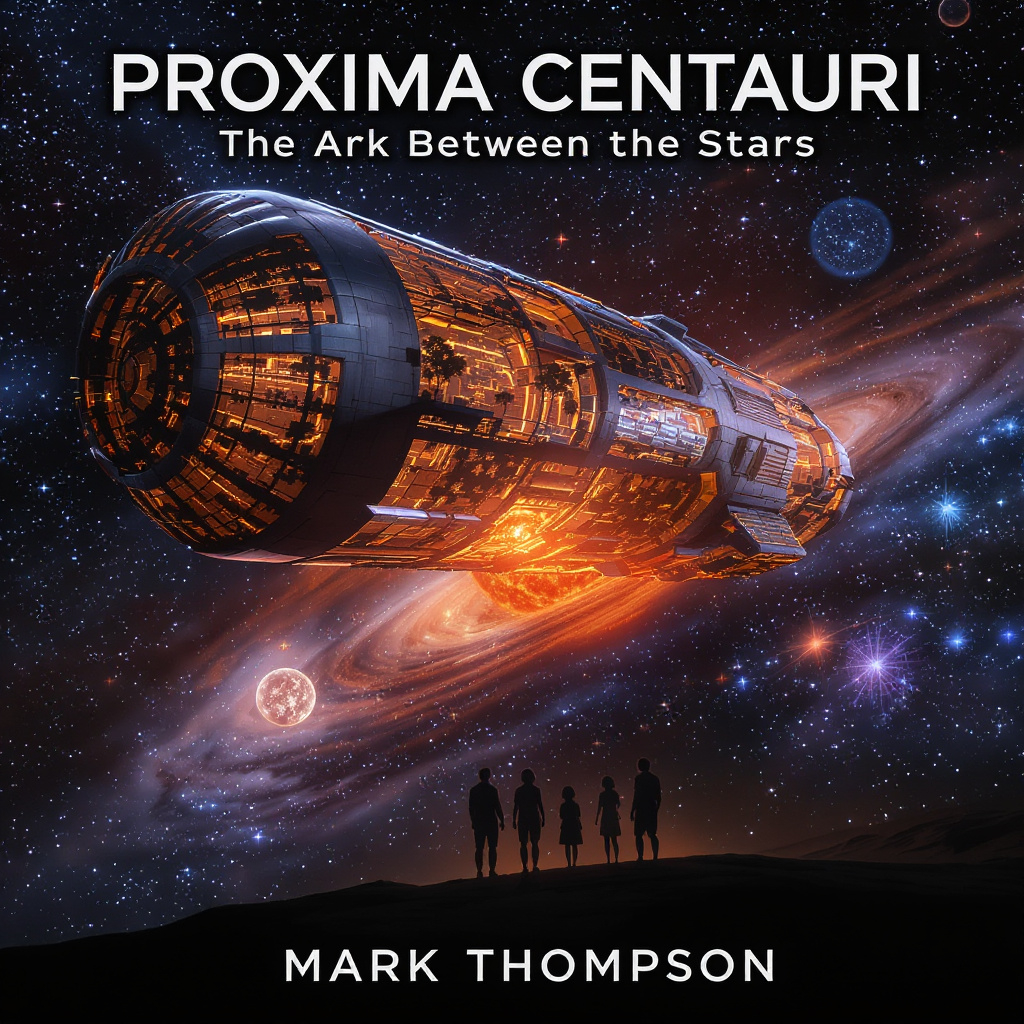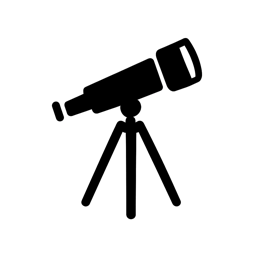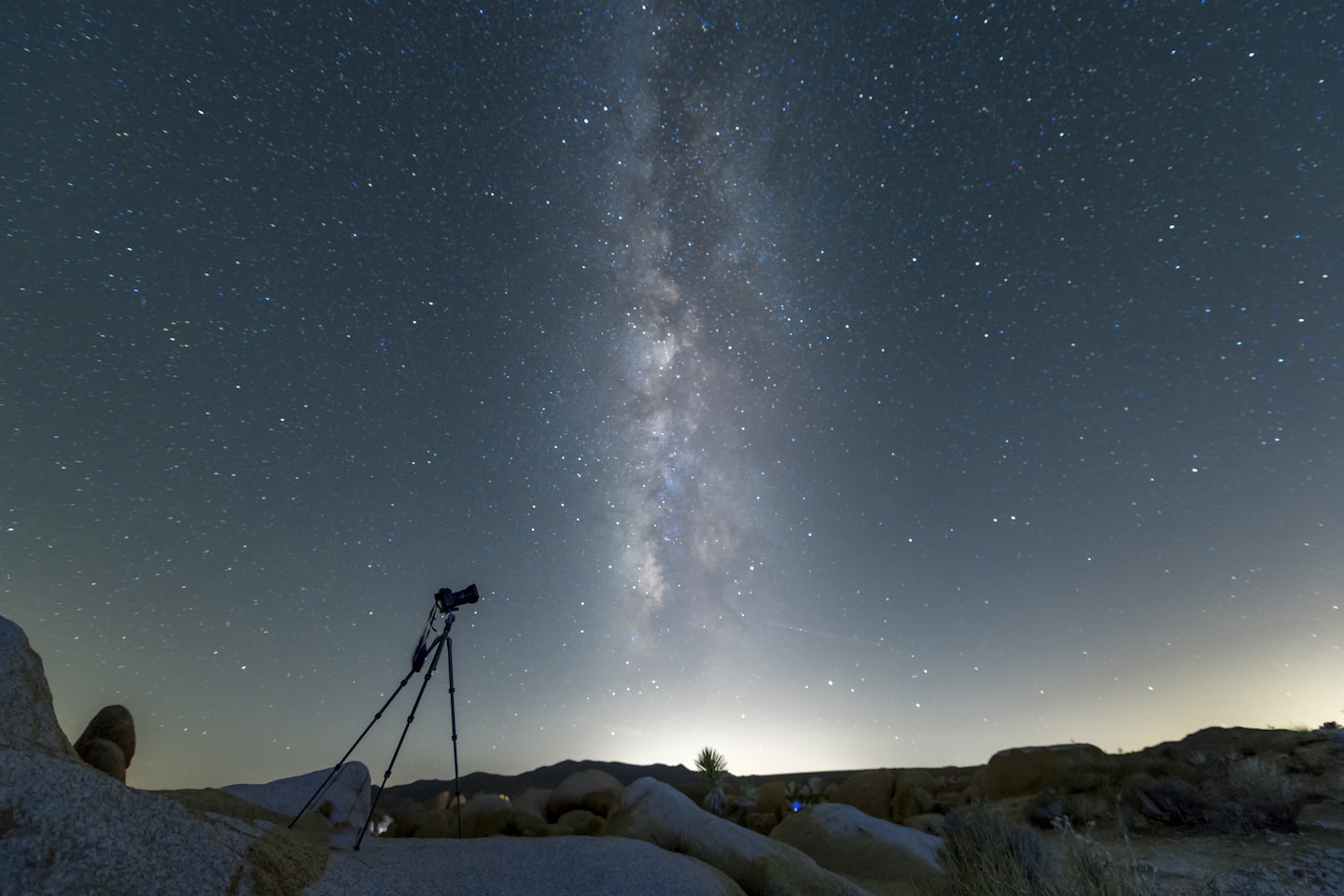
Summary
When thirteen year old Kyle Halston boards humanity’s last hope, a generation ship fleeing Earth’s dying Sun, he expects a quiet century long voyage to Proxima Centauri. But strange signals from deep space and the ship’s AI acting oddly suggest something far more mysterious is unfolding. As Kyle digs deeper into secrets that were meant to stay hidden, his family finds themselves at the centre of events that will challenge everything they thought they knew about their mission and what’s really waiting for them among the stars.
Chapter 1 – The Discovery
Dr. Mira Halston’s coffee had gone cold hours ago, but she barely noticed, rather like how one might forget to eat when absorbed in a particularly gripping book or movie. The numbers on her screen refused to change, no matter how many times she recalculated. At thirty eight, with laughter lines that spoke of a life well lived and hair that regularly attempted daring escapes from its ponytail (usually succeeding), she looked like any other working mum. Except for the fierce intelligence burning in her green eyes, the sort of intelligence that could spot a lie at fifty paces or solve equations that made grown mathematicians weep.
The observatory’s silence pressed against her eardrums with the weight of an approaching storm. She was quite alone with a discovery that made her hands shake rather more than she’d have liked.
The solar readings were, to put it mildly, impossible. Where sunspots should have been dancing merrily across the Sun’s surface there was only smooth, ominous calm. The solar wind measurements had spiked beyond any recorded levels and most troubling of all, the spectral analysis showed a fundamental shift that shouldn’t have existed – the Sun’s surface temperature was dropping while its core activity surged.
She’d seen this pattern once before, in theoretical models of the death of stars. But those models had predicted the Sun’s death would happen in five billion years, not now. It was rather like expecting Christmas to arrive in July, theoretically possible, but deeply unsettling.
Her phone buzzed with a message from Zev: Kids asking when you’ll be home. I said you’re discovering new worlds. Close? x
If only he knew. She typed back: Something big. Home soon. x
But first, she needed confirmation. Her fingers flew across the keyboard with the urgency of someone writing a very important letter, pulling up archived data from observatories worldwide; Mauna Kea, La Palma, the Solar Dynamics Observatory. Every source told the same impossible story, like witnesses all giving identical testimony to an unbelievable crime.
The Sun was dying. Not in billions of years, as it should have done, but in centuries.
By dawn, Mira had compiled forty pages of data that would change everything. She drove home through empty streets, her mind racing between the catastrophic implications and the perfectly ordinary reality of needing to make breakfast for her children.
The house stood quiet in the morning mist; timber and brick, slightly askew, with a garden that had gone cheerfully wild in the way that gardens do when left to their own devices. Home. The word felt different now.
Inside, thirteen-year-old Kyle emerged from the kitchen with hair that stuck up at impossible angles, as though he’d been struck by lightning or had simply given up trying to tame it. “Mum?” he said, pausing to study her face “You look…”
“Tired,” she finished, ruffling his chestnut hair with the fond exasperation of a parent who’d long since accepted that her children were far too clever for their own good.
“Where’s everyone else?”
“Dad’s making eggs. Lyra’s upstairs with the guinea pigs.” Kyle hesitated “Did something happen at work?”
Before she could answer, Zev appeared, tall, solid, and steady. One look at her face and his expression shifted with the swift recognition of someone who’d been married long enough to see worry in his wife’s face despite the smile.
“The kids need to get to school,” he said quietly, in the tone of voice that suggested more important conversations would follow. “But first, what’s wrong?”
Mira glanced toward the stairs, where she could hear Lyra’s voice chattering to her rescued guinea pigs with the earnest enthusiasm of someone conducting very important business, then back at Kyle’s worried face. How, she wondered, does one tell a family that the world as they know it has an expiration date? It was rather like being asked to explain that Christmas would be cancelled forever, only infinitely worse.
“I need to verify something first,” she said carefully. “But Zev…” she whispered, “we might need to talk. Tonight. About the future.”
An hour later, after hurried goodbyes, Mira stood once again in the university’s astrophysics department, facing her mentor with the particular mixture of dread and determination that comes with bearing terrible news.
Professor Eleanor McCulloch commanded respect without effort, rather the way some people command attention simply by entering a room. Silver-haired and sharp-eyed, with the bearing of someone who’d spent decades proving herself in a field dominated by men who’d rather she hadn’t bothered, she carried herself with quiet authority. Her Scottish accent lent weight to her words in the way that certain voices simply cannot be ignored, making even senior colleagues stand up a little straighter when she spoke.
“Your email was… alarming,” McCulloch said, her voice carefully controlled in the manner of someone trying very hard not to panic. “Walk me through it.”
Mira spread her data across the conference table like a general laying out battle plans. “Subtle changes in solar output,” she blurted before continuing “the sort of thing you might dismiss as equipment malfunction if you weren’t paying very close attention.” She pulled up a graph on the digital display in the room “The sunspot cycle hasn’t just ended, it’s reversed. Solar wind velocity is increasing exponentially. And this..” She highlighted a spectral analysis with the particular emphasis of someone revealing a crucial piece of evidence. “The Sun’s core temperature is spiking while the surface cools.”
McCulloch studied the data, her expression growing grave in the way that faces do when confronted with undeniable but unwelcome truths. “This pattern… I’ve seen theoretical models…”
“Red giant transition,” Mira confirmed, saying the words with the finality of a judge passing sentence. “But not in five billion years. The rate of change suggests we’re looking at five hundred years before the Sun makes life on Earth impossible.”
The words hung in the air like a death sentence, which, in all fairness, they rather were.
“That’s impossible,” McCulloch said. She sank into her chair rather like someone who’d just received very bad news from a doctor. The professor was quiet for a long moment. Then she reached for her phone with the grim determination of someone who’d rather not make a particular call but knew they had no choice. “I’m calling an emergency session. We need Kamal, Lillian, and the best minds we can gather. If you’re right…” She paused, rather like someone trying to find words for the unthinkable. “If you’re right, we’re not just looking at a scientific discovery. We’re looking at a countdown to extinction.”
The emergency meeting started within two hours which was, Mira reflected, rather impressive for academics, who generally moved at the speed of careful consideration rather than urgent action. Dr. Kamal Mehra arrived looking skeptical in the way that good scientists should, until he saw the data and his expression shifted to something rather more alarmed. Professor Lillian Zhang, the department’s magnetohydrodynamics expert (a title that sounded rather grand and was every bit as complex as it suggested), went pale as she cross referenced Mira’s findings with her own models. Postdoctoral researcher Nia Addison ran calculations on her laptop with the frantic energy of someone hoping desperately that the mathematics would somehow prove different, shaking her head in disbelief all the while.
“The math checks out,” Nia said finally, in the tone of someone announcing that, yes, the house really was on fire. “But the implications…”
“Are terrifying,” Kamal finished with the grim satisfaction of someone who’d rather be wrong but knew they weren’t. “If this continues, we’re looking at gradual but unstoppable climate changes over the next few centuries. Earth becomes uninhabitable within..”
“About five hundred years as temperatures climb beyond anything life can adapt to” finished Mira.
“We need independent verification,” Lillian said, her voice tight with the sort of controlled panic that comes with understanding exactly how serious the situation had become. “Multiple observatories, peer review, NASA consultation.”
McCulloch nodded with the brisk efficiency of someone organising a response to catastrophe. “I’ll contact the International Astronomical Union immediately. But assume for a moment that Mira’s data is correct. What then?”
The room fell silent with the particular weight of silence that comes when very intelligent people contemplate the unthinkable. They were scientists, after all, trained to observe and analyse, not to contemplate the end of human civilisation.
“There will need to be a plan,” Mira said quietly, her voice carrying the sort of calm that comes with accepting the unacceptable. “Interstellar colonisation… Space arks capable of reaching another solar system.” She thought of Kyle and Lyra, of Zev making breakfast in their crooked little house, and felt her heart constrict with the particular pain of loving something that might not survive. “Five centuries sounds like a long time, but for a project this massive…”
“Five hundred years,” Kamal murmured with the wonder of someone contemplating an almost impossible task. “Twenty generations to somehow rescue humanity.”
“The resources required… we couldn’t possibly save everyone,” stated Nia, her voice carried a mix of awe and dawning horror.
The silence that followed was deafening in the way that silences can be when they’re filled with unspoken understanding. Everyone in that room understood what Nia hadn’t said aloud, that humanity would face impossible choices about who deserved to survive or at least, be given an opportunity for their descendants to live.
“It has to be possible,” Mira said fiercely, though her voice wavered with the particular tremor that comes with defending hope against overwhelming odds. “Some version of it has to be possible.”
McCulloch stood with the determined grace of someone preparing for battle, her tartan scarf settling around her shoulders like armour. “Then we’d better get started. Lillian, contact NASA and ESA. Kamal, I want every solar model we have recalibrated. Nia, start reaching out to other observatories, quietly. We need confirmation before we begin planning humanity’s exodus.”
She turned to Mira with the particular intensity of a general addressing a crucial officer. “And you, prepare for the longest campaign of your life. When this goes public, and it will, you’ll face questions that go beyond science. If you’re wrong, you’ll be remembered as the woman who sent humanity into centuries of fear. And if you’re right…”
“If I’m right,” Mira finished with the weary acceptance of someone who understood their fate, “I’ll be remembered as the woman who made the discovery that forced humanity to choose who lives and who dies.”
The full weight of it settled on her shoulders like a cloak made of lead.
As the meeting dispersed with the hurried efficiency of people with too much to do and too little time, Mira stood alone at the conference room window, watching students cross the courtyard below. They moved with the casual confidence of people who believed in tomorrow, in centuries of tomorrows stretching into what they assumed was an infinite future.
She pulled out her phone and typed a message to Zev with fingers that trembled only slightly: After family dinner tonight. We need to talk. x

